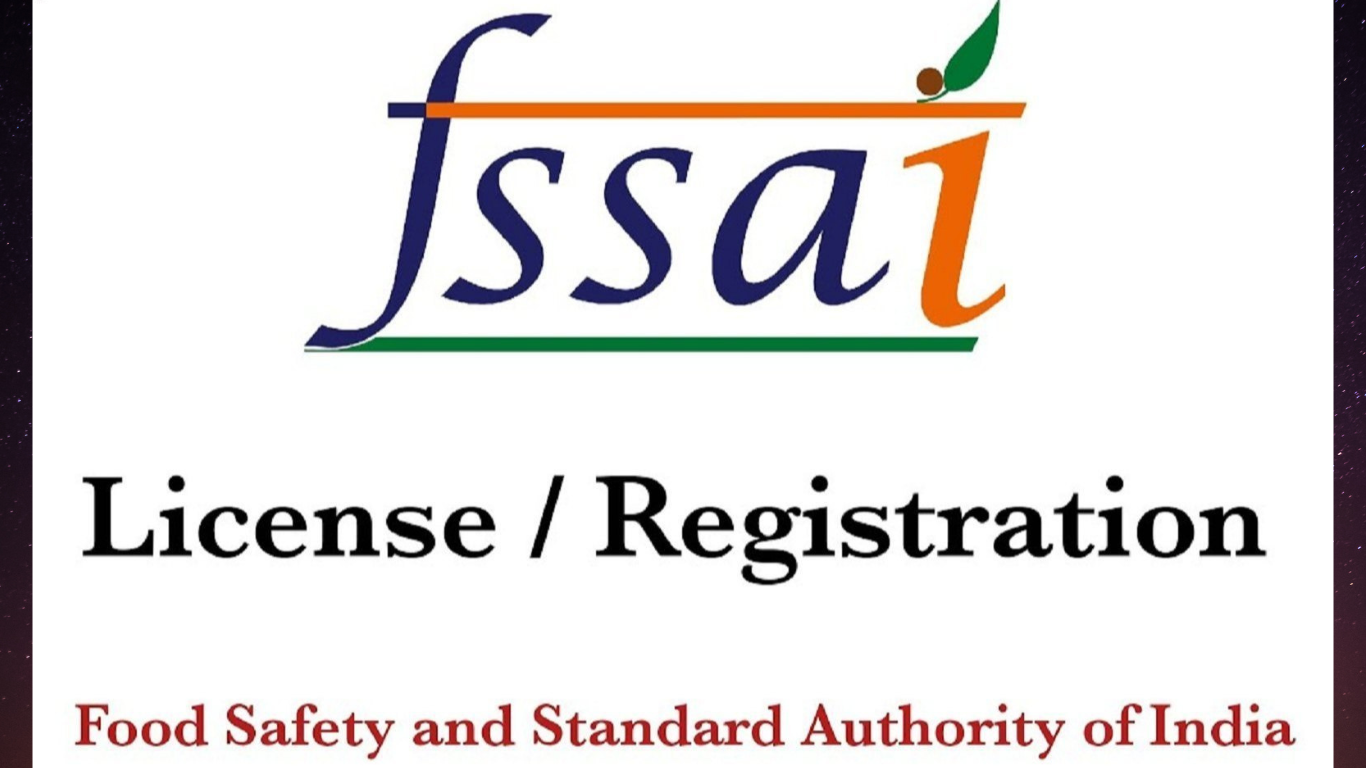In the booming food delivery industry, compliance with food safety regulations is non-negotiable. Food businesses looking to list their services on platforms like Zomato and Swiggy must obtain FSSAI Registration to ensure they meet the standards set by the Food Safety and Standards Authority of India (FSSAI). This article provides a detailed overview of FSSAI registration for businesses associated with food delivery platforms, covering its importance, process, and compliance requirements.
What is FSSAI Registration?
The Food Safety and Standards Authority of India (FSSAI) is a statutory body under the Ministry of Health and Family Welfare, responsible for regulating and supervising food safety in India. FSSAI registration or licensing is mandatory for all food-related businesses, ensuring that the food served or sold meets hygiene and safety standards.
Why is FSSAI Registration Mandatory for Zomato and Swiggy?
1. Legal Compliance
Both Zomato and Swiggy require food businesses to have FSSAI registration or a license to list their services on their platforms. This ensures compliance with Indian food safety laws.
2. Consumer Trust
FSSAI registration boosts consumer confidence by certifying that the food is prepared and handled under safe and hygienic conditions.
3. Avoiding Penalties
Operating without FSSAI registration can result in severe penalties, fines, or even suspension of operations.
4. Platform Mandate
Zomato and Swiggy enforce strict compliance guidelines to protect their brand reputation and ensure a safe experience for their users.
Types of FSSAI Registration
Depending on the scale and turnover of your business, there are three types of FSSAI registrations:
1. Basic FSSAI Registration
- Applicable for small food businesses with an annual turnover of up to ₹12 lakhs.
- Ideal for small food vendors or home-based kitchens listed on Zomato and Swiggy.
2. State FSSAI License
- Required for businesses with an annual turnover between ₹12 lakhs and ₹20 crores.
- Applicable for medium-sized restaurants, cloud kitchens, and food manufacturers.
3. Central FSSAI License
- Required for businesses with a turnover exceeding ₹20 crores or those operating in multiple states.
- Necessary for large-scale restaurants, food chains, and manufacturing units.
How to Obtain FSSAI Registration for Zomato and Swiggy
Step 1: Determine the Type of Registration
Evaluate your business’s turnover and operational scale to identify the appropriate type of FSSAI registration or license.
Step 2: Prepare the Required Documents
The essential documents for FSSAI registration include:
- Proof of identity and address (Aadhaar, PAN, or voter ID).
- Business address proof (rental agreement or utility bill).
- Food business license or trade license (if applicable).
- Photographs of the proprietor or business owner.
- Proof of possession of premises.
- Details of the food category.
Step 3: Submit the Application
Apply online via the FSSAI Food Licensing and Registration System (FLRS). Fill out the relevant form (Form A for Basic Registration, Form B for State or Central Licenses) and upload the required documents.
Step 4: Verification and Inspection
After submission, the authorities review your application and may conduct an inspection of your premises to ensure compliance with safety standards.
Step 5: Receive the FSSAI Certificate
Once approved, you will receive the FSSAI registration certificate, which includes your 14-digit FSSAI registration number.
FSSAI Compliance for Zomato and Swiggy Partners
1. Display FSSAI License Number
Ensure your FSSAI registration number is prominently displayed on your restaurant premises and listed on Zomato and Swiggy profiles.
2. Adhere to Food Safety Standards
Follow FSSAI guidelines for food preparation, storage, and delivery to maintain hygiene and quality.
3. Renew Registration on Time
FSSAI registration is valid for 1-5 years, depending on the type of registration. Renew your license before expiry to avoid penalties.
4. Regular Inspections
Be prepared for periodic inspections by FSSAI officials to verify compliance.
Benefits of FSSAI Registration for Zomato and Swiggy Partners
- Enhanced Credibility: Demonstrates your commitment to food safety.
- Expanded Reach: Helps attract more customers on food delivery platforms.
- Improved Brand Value: Establishes your business as a trusted food provider.
- Compliance Advantage: Protects your business from legal hassles and penalties.
Penalties for Non-Compliance
Operating without FSSAI registration or violating its standards can lead to:
- Fines: Up to ₹5 lakhs for serious violations.
- License Cancellation: Suspension or cancellation of FSSAI registration.
- Platform Delisting: Removal of your restaurant from Zomato and Swiggy.
Frequently Asked Questions
1. Is FSSAI registration mandatory for home kitchens on Zomato?
Yes, FSSAI registration is required even for home-based food businesses listed on Zomato or Swiggy.
2. Can I start operations while my FSSAI registration is in process?
No, it is advisable to complete the registration process before starting operations to avoid penalties.
3. How much does FSSAI registration cost?
The cost varies depending on the type of registration and state-specific fees.
Conclusion
Obtaining FSSAI Registration is essential for food businesses operating on platforms like Zomato and Swiggy. It ensures compliance with legal standards, builds consumer trust, and protects your business from legal complications. By following the steps outlined in this guide, you can secure your FSSAI registration and focus on growing your food delivery business with confidence.




